This post contains mentions of depression and self-harm. There are also massive spoilers ahead for Ginny & Georgia Season 2.
Ginny & Georgia is finally back for Season 2 on Netflix, and I just want to say right up front that this season is better than Season 1.

Listen, I enjoyed Season 1 for what it was, a solid teen TV show I couldn't stop watching, but Season 2 has turned this show into must-watch TV. From the amazing acting performances from Brianne Howey, Antonia Gentry, and Felix Mallard to a shift from focusing on teen romances and high school drama to realistic and authentic issues, Ginny & Georgia has found its voice.
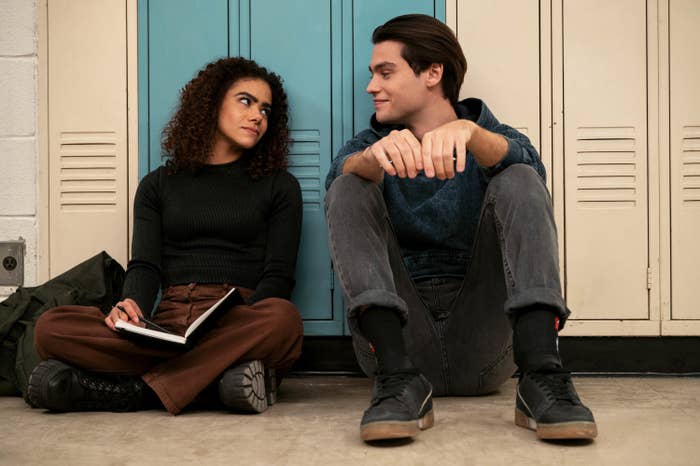
One of the show's many strengths in Season 2 is its ability to discuss mental health in an authentic way, namely depression, self-harm, and the importance of therapy.
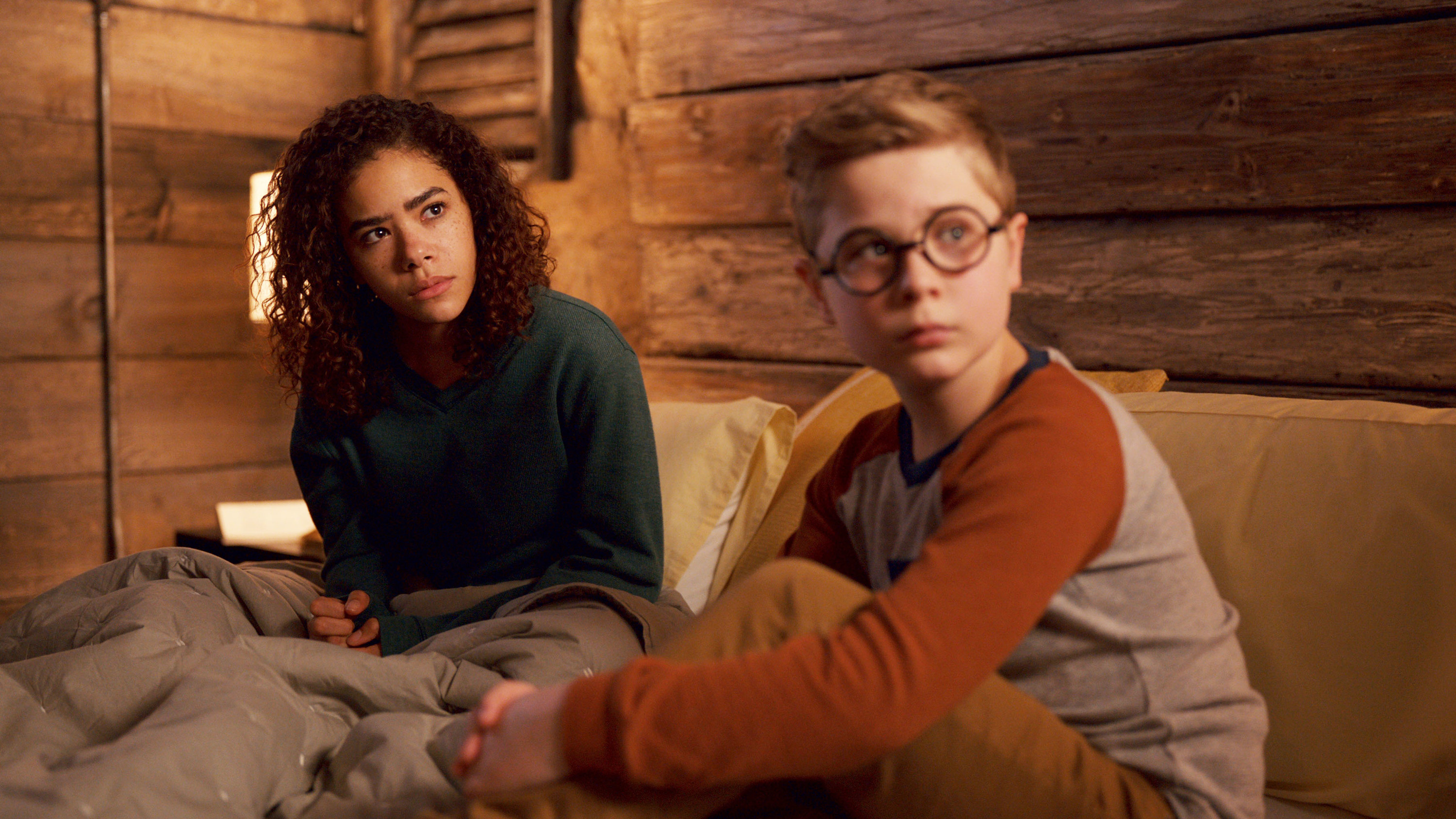
This new season begins with Ginny (Gentry) opening up to her dad, Zion (Nathan Miller), about her self-harm, which we saw in Season 1. Zion immediately convinces Ginny to enter therapy, which becomes a major part of her story.
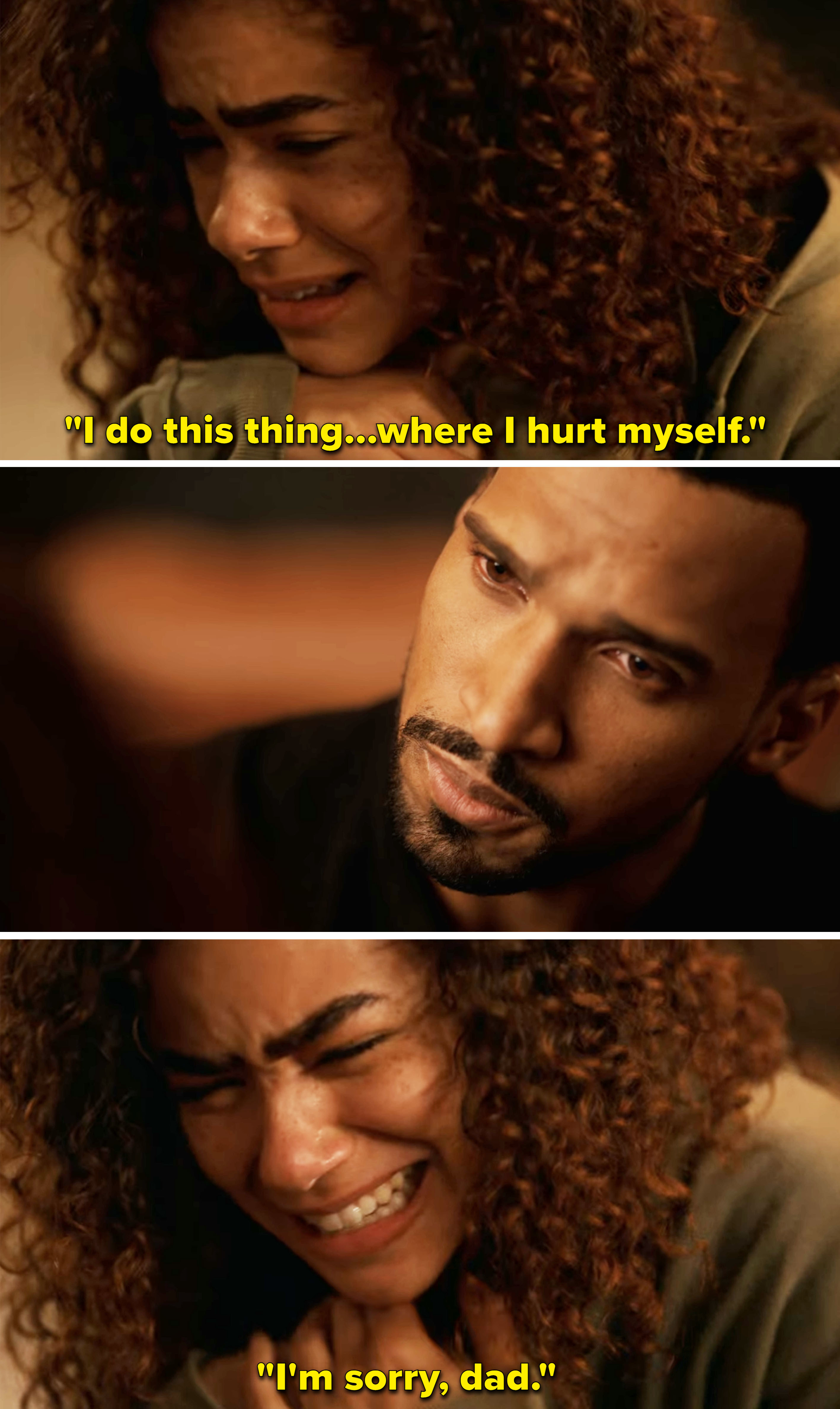
While Georgia (Howey) is initially kept in the dark about Ginny's self-harm, eventually she finds out and it leads to, in my opinion, one of the best-acted scenes on the show when Georgia and Ginny finally come back together and have an honest conversation.
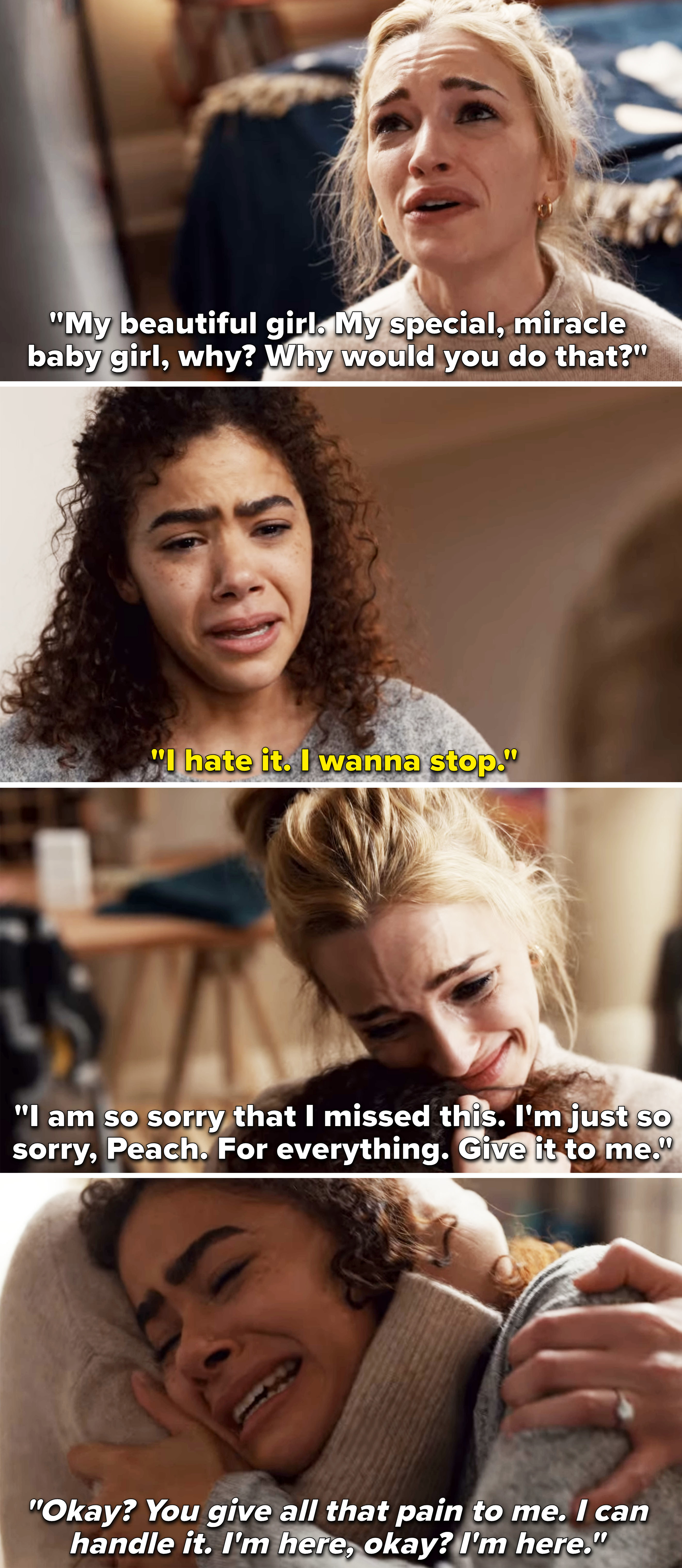
There's even a very important moment later in Season 2 when Georgia attends a therapy session with Ginny after being hesitant about therapy earlier.
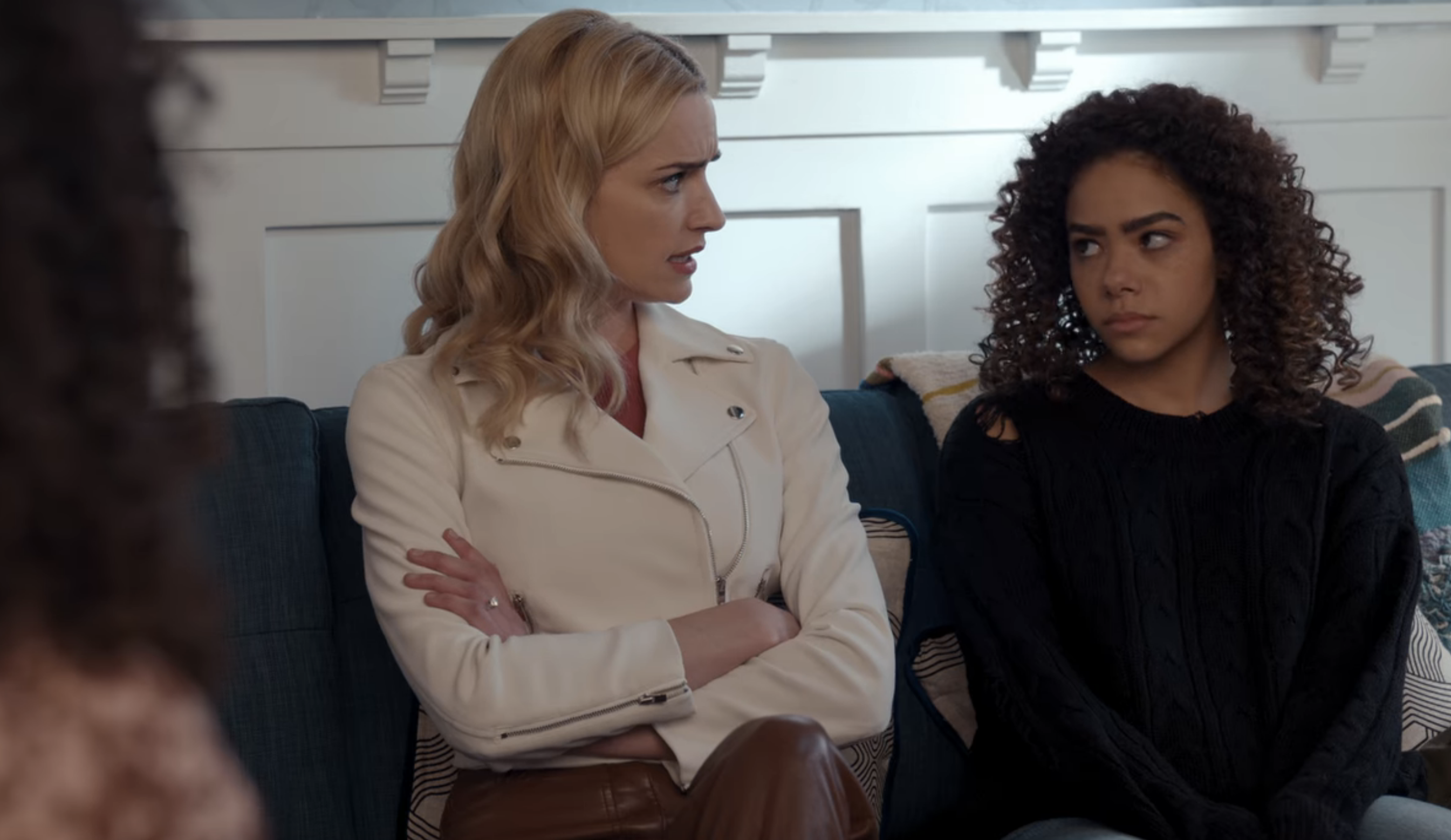
Alongside Ginny's journey, Ginny & Georgia also dives into Marcus's (Mallard) anxiety and depression. In Season 2, Episode 8 — titled "Hark! Darkness Decends!" — the entire episode is told from Marcus's perspective as he accurately describes what it's like living with depression.

What really amplifies Marcus's story is the following episode, when we see a lot of what happened during Episode 8, but this time from Ginny's perspective. The side-by-sides of some of the moments really help show what Marcus is feeling.
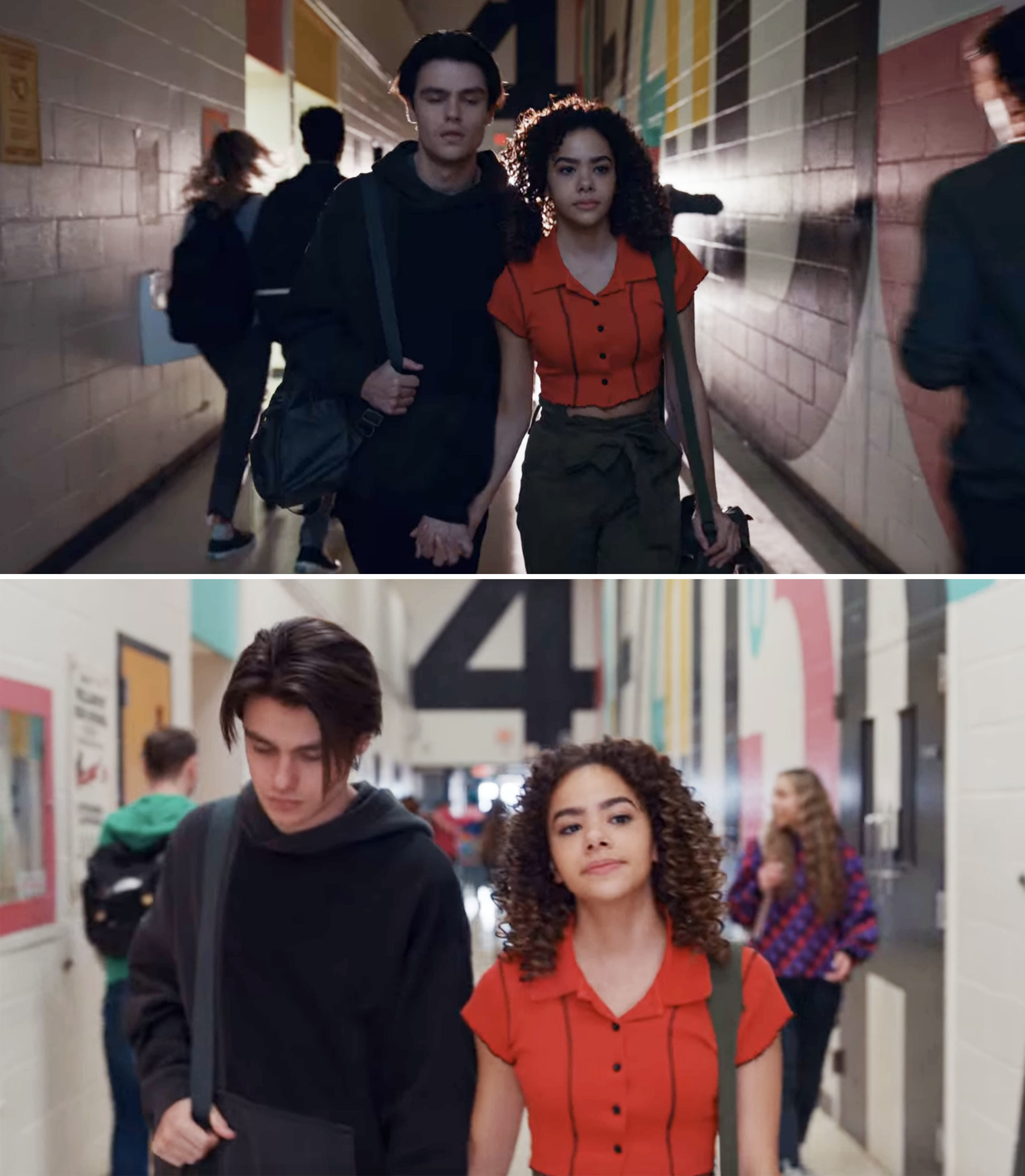
While Ginny & Georgia Season 1 touched on Ginny and Marcus's mental health, Season 2 puts it front and center, which ends up being the show's strength. Focusing more on those stories was a deliberate choice made by the creator, showrunner, and writers.

"Everyone's fighting a battle you can’t see," showrunner Debra J. Fisher told Variety in a recent interview. "It's really hard to [be] human overall, which I think really translates into a lot of our arcs this season."

In order to realistically and accurately portray Ginny and Marcus's mental health struggles, the Ginny & Georgia writers worked with licensed psychologist Dr. Taji Huang and Mental Health America to ensure these stories were being told on screen responsibly.

"It's really important for us to portray these issues in a realistic way," creator Sarah Lampert told Deadline. "But we were also very cognizant of our audience in the sense that we're not trying to be irresponsible or trigger anyone. So we actually have a licensed psychiatrist who reads every script and gives us feedback."

She continued, saying, "Then Mental Health America watches every episode and gives us notes. As well as the writers room itself taking a lot of care, using some personal stories and really trying to approach these topics with honesty but also responsibility."
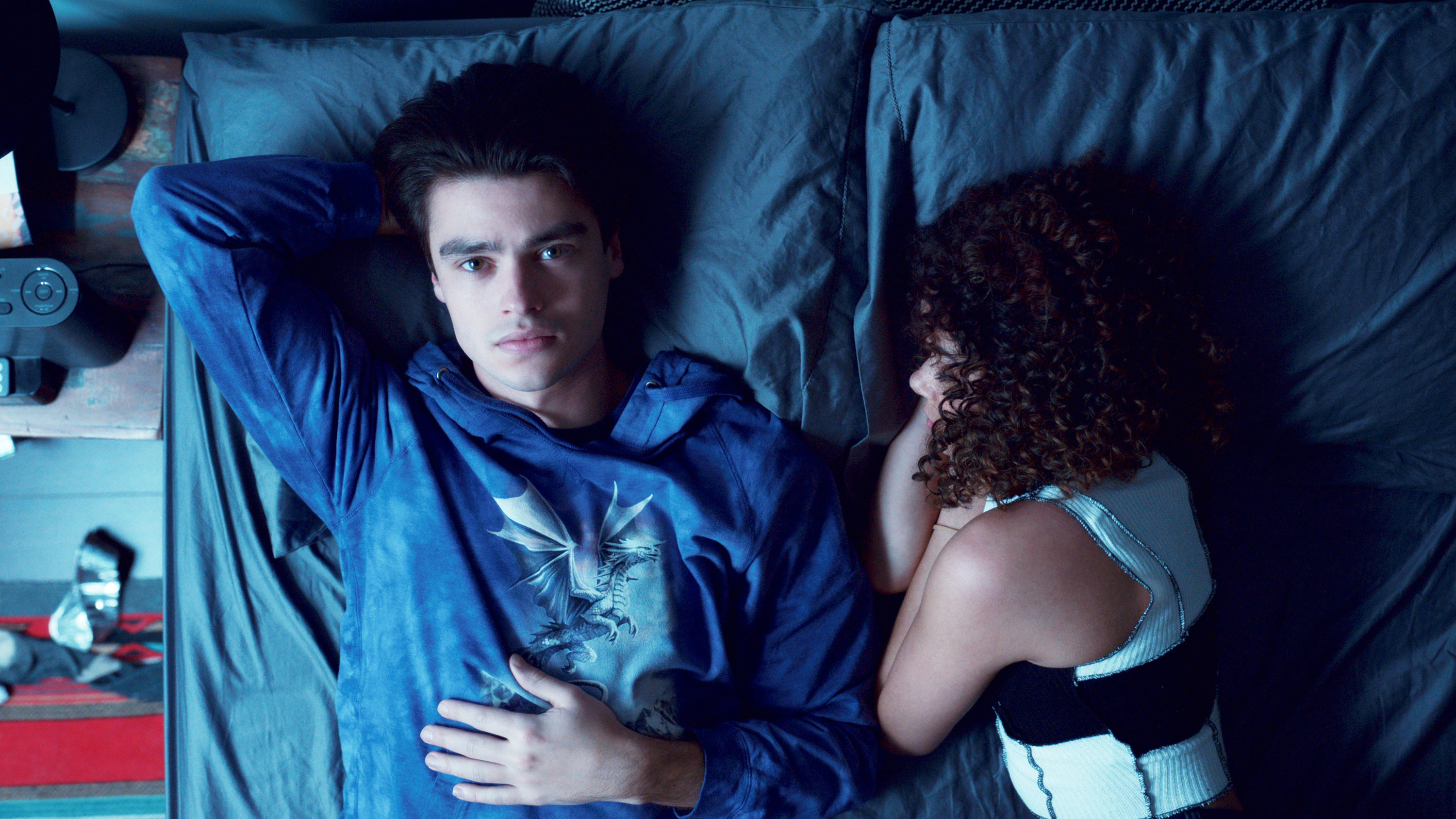
One of the important and deliberate decisions made by the writers to ensure they were taking care of the audience was to not show Ginny's self-inflicted burns again in Season 2 after having shown them in Season 1.

In terms of Marcus's storyline, Debra told Variety that it was important for the show to depict depression and mental health in "a young man, a 16-year-old boy" since it's still rarely seen on television. Felix also impacted Marcus's story by willingly doing a "deep dive" with the writers on what depression could look like in a teenage boy.
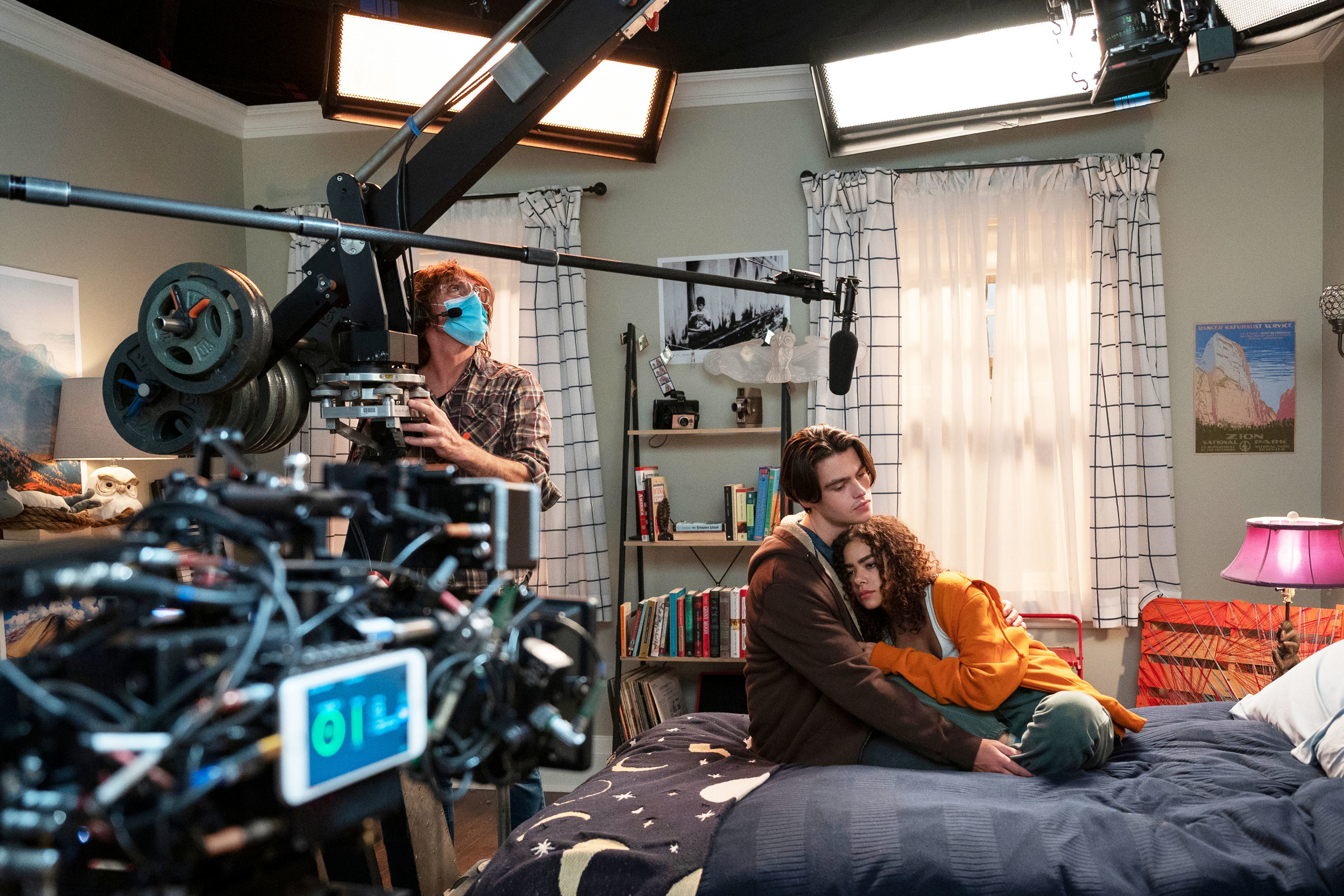
Another important aspect of both Ginny and Marcus's storylines was how their families played a role. For Ginny, it was important to the writers that Zion be involved and not fall into the absent parent trope, and for Marcus it was "vital" to the story that Max (Sara Waisglass) and his parents help him get back on his medication.

"We're not a teen issue of the week show. We don't move on to the next problem. We really wanted to tell these stories over the course of several seasons," Debra told Variety. "It was always about the long game, and just being able to approach mental health, self-harm, and depression in a really realistic, grounded way that we hope really resonates with the kids."
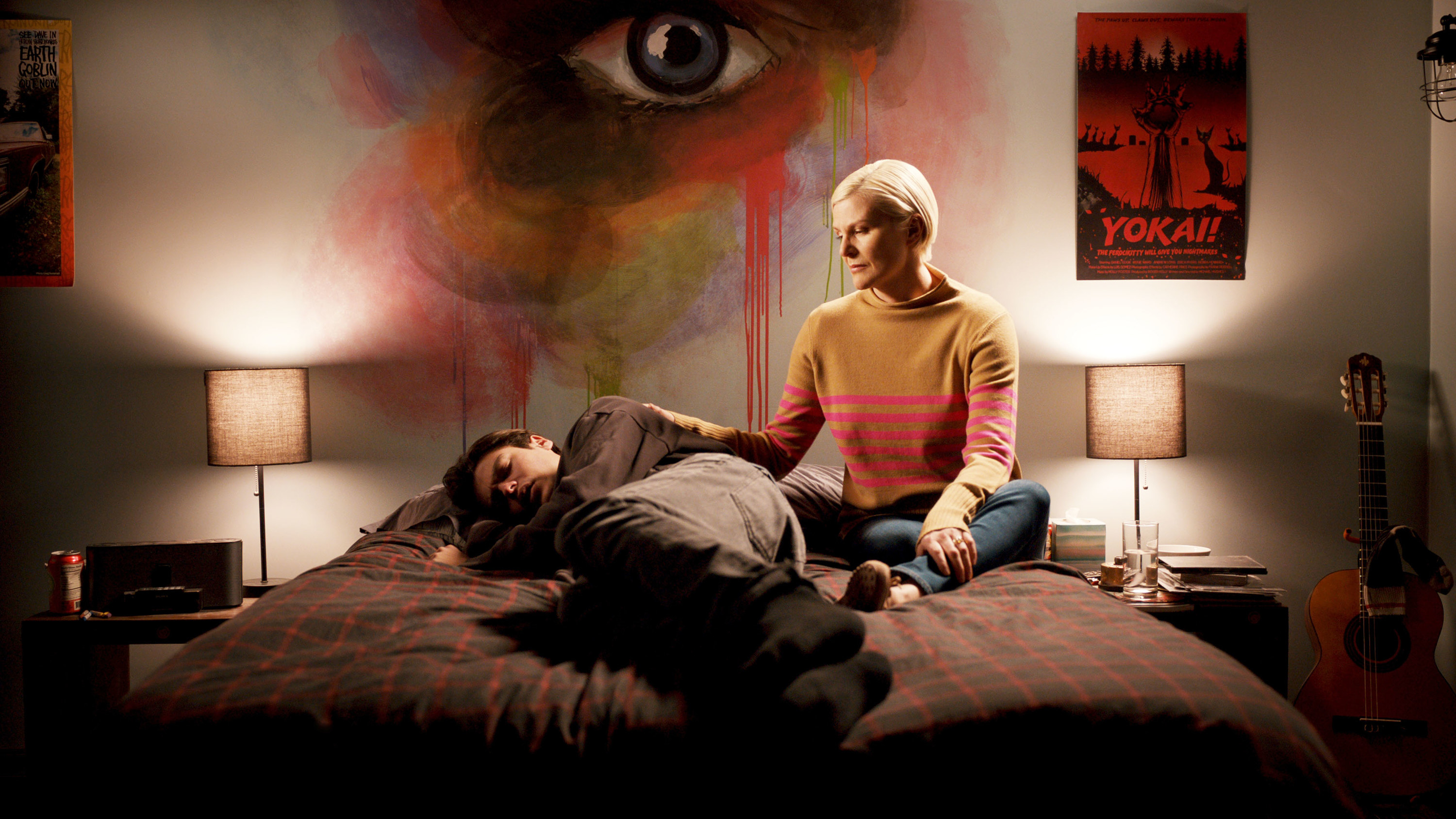
And it looks like Ginny & Georgia has done just that, with numerous fans taking to Twitter to express their gratitude for how authentic the show's portrayal of mental health is:
If you love what you read, give your favorite tweets a like and the users a follow so you can make your timeline a more fun place to be.
the difference between marcus and ginny’s perspectives was shown extremely well here #ginnyandgeorgia https://t.co/PvA9Gv1TTY
only 1 episode into s2 of Ginny & Georgia, i’ve no idea the direction it’s going in - but the way they’ve handled and portrayed a teenager struggling with their mental health and self-harming is SPOT ON! thank you 💙 Antonia Gentry’s depiction and performance is incredible
im completely stunned at how accurately this portrays a real life depressive episode like wdym this is from ginny and georgia heck yea i might watch the show now???
#ginnyandgeorgia spoilers • • This scene stuck with me so much because unfortunately this is how a lot of parents act. When their kids voice their opinions, parents take it as a personal attack and jump at the opportunity to say “look how much I’ve done for you!”
Ginny e Georgia season 2 episode 8 Felix Mallard as Marcus described my eight years of depression in 2 minutes of episode. It was painfully and strangely perfect, it's good to be understood every once in a while. This season is incredible. And I already cried a lot 💛
this season of #ginnyandgeorgia was genuinely phenomenal especially ep 8 and 9 where they portray marcus’s depression and mental health struggles really well, i hope they de a deep and dive on his character in season 3
finished s2 of #ginnyandgeorgia and have to say that apart from all the other topics they’ve covered, the way they’ve portrayed mental health has really impressed me. I didn’t expect this kind of real storytelling about depression, self harm and anxiety from this show.
the show started with Marcus comforting Ginny through her problems and ended with Ginny comforting Marcus through his depression. #ginnyandgeorgia https://t.co/0XX3Cho3QC
What did you think of Ginny & Georgia Season 2? Tell us in the comments below!
The National Alliance on Mental Illness helpline is 1-888-950-6264 (NAMI) and provides information and referral services; GoodTherapy.org is an association of mental health professionals from more than 25 countries who support efforts to reduce harm in therapy.
